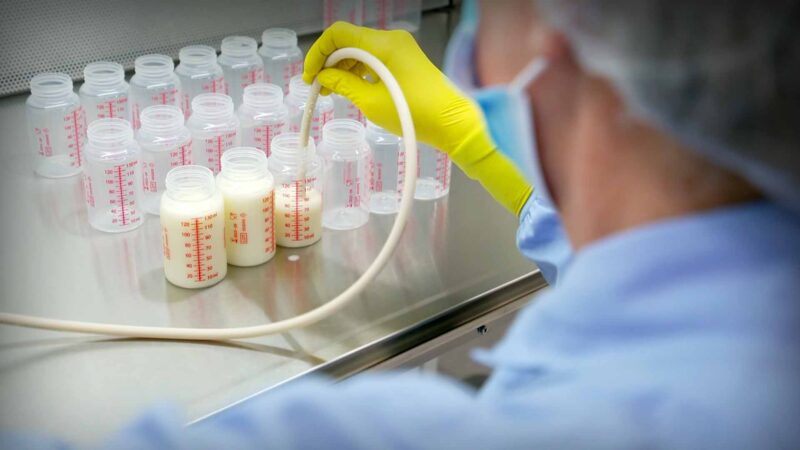VISION IMPAIRMENT IN CHILDREN AND THE IMPACT ON CHILDREN AND THEIR FAMILIES
With
Dr Susan Silveira
Chief Investigator
Australian Childhood Vision Impairment Register, NextSense &
Program Director
Master of Disability Studies (Macquarie University),
NextSense, Sydney, Australia
RESEARCHER PROFILE
Filmed in Sydney | June 2025
Sue is a qualified paediatric orthoptist who has held both clinical and academic roles. She has a Master of Health Sciences (Education) from the University of Sydney, and a PhD from the University of Newcastle.
Sue holds a conjoint academic position with Macquarie University and is the Course Director for their Master of Disability Studies, which is administered and delivered by NextSense Institute in affiliation with the University. She teaches in the areas of vision impairment and disability, and aims to share her knowledge while learning from others, especially people who are blind or have low vision and their families.
A research fellow with NextSense Institute, Sue is the chief investigator on a collaborative partnership project that established the Australian Childhood Vision Impairment Register, which captures data to help improve services for children who are blind or have low vision. She is also a co-investigator on a project that aims to raise awareness about when and why braille should be introduced in a child’s life, and is working as part of a research team developing accessible playgrounds.
Sue has worked extensively in the NSW public hospital system and in vision screening programs, and has held an academic position with the University of Sydney’s School of Orthoptics, in addition to working at The Children’s Hospital at Westmead—the largest paediatric centre in NSW.
Through her research, Sue aims to give a voice to people who are blind or have low vision, and to broadly improve their quality of life.
Outside of work, she prioritises her family and tries to spend time on her loved pastime–drawing.
Source: Supplied
You Might also like
-
Outcomes of Corneal Allergenic Intrastromal Ring Segment (CAIRS) Surgery
Dr David Gunn is an ophthalmologist specialising in cornea, cataract, and refractive surgery at the Queensland Eye Institute and Focus Vision in Brisbane, Queensland. His journey into ophthalmology began during medical school, inspired by a mentor. His current research examines outcomes for patients undergoing Corneal Allergenic Intrastromal Ring Segment (CAIRS) surgery.
-
Dr Venkata Tarigoppula
RESEARCH IN BRAIN COMPUTER INTERFACE
@ SYNCHRON
MELBOURNE, VICTORIA, AUSTRALIA -
Investigating the benefits of donor human milk for preterm infants
Together, SAHMRI and Lifeblood are leading a consortium to revolutionise the way human milk, and novel products made from human milk, are used as nutritional and medical interventions to improve health outcomes in vulnerable infants, but with potential application for a diverse range of medical indications.
Currently, babies who are born early preterm – before 32 weeks – are given donor milk when their own mother’s milk is not available or in short supply. Whether donor milk is beneficial for babies born just a few weeks early is unclear, as very little research has been undertaken with these babies.
The GIFT Trial will soon commence as an investigation between SAHMRI, the University of Adelaide, the Red Cross Lifeblood Milk Bank conducted at five sites across three states in Australia.



